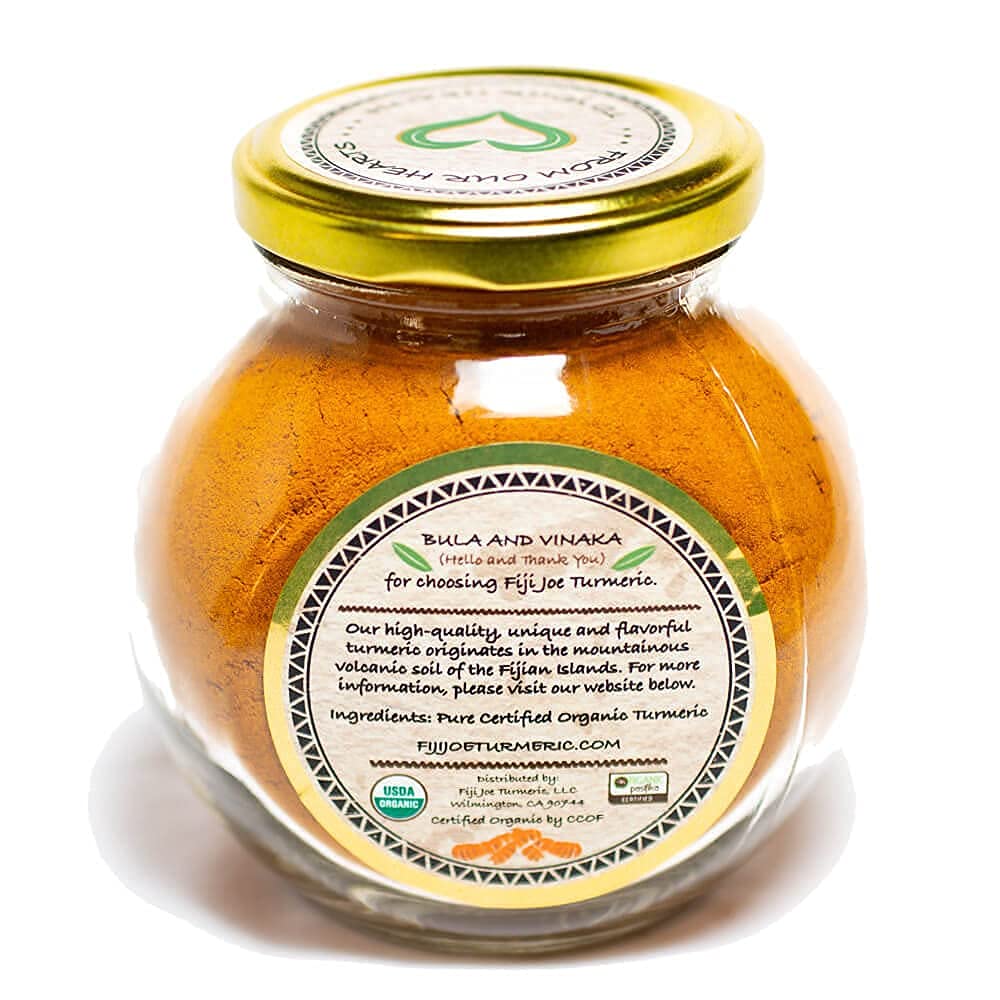
3rd Party Organic Certification by an independent accredited Certification Body [CB] to National Organic Standards is more complicated than PGS certification but it is necessary to access Regulated Organic Markets. The decision on what organic standards to be certified to will be market driven. Depending on what markets you want access to will determine what type of organic certification you need and in turn what Certification Bodies to consider.
Regulated Organic Markets include the European Union, Japan, US, China and Korea. These countries all have their own National Standards and Organic Labelling laws which they require, so access to Regulated Organic Markets can become complicated and expensive very quickly. As with PGS, each farm and processor, and every ingredient in each product from the Pacific must be directly certified to these standards every year in order to sell as organic in that country. Also as with PGS 3rd party Organic certification can be either individual for each farm and processing plant, or can be group certified, where many farms work together to become certified, and to market their production.
Regardless of what products you want to certify, what markets you plan to access, and what Certification Body you choose, the steps for 3rd party organic certification are similar. POETCom staff can help with this process:
Step 1: Decide which certification you need and contact several certification bodies
Unfortunately, there are no 3rd Party Organic Certification Bodies based in the Pacific. Certification Bodies working in the Pacific Region are listed below. It is important to contact several certifiers before deciding on one, since changing certifiers can be difficult and costly, especially when you are labelling products. Be sure to discuss what organic standards they offer, the cost, timeline and ongoing customer service needs. Most will send you their electronic forms for free if they are not on their website and will provide a cost estimate. Also ask about other certification schemes like HACCP, GAP etc. that they provide, you may find a one-stop-shop.
Step 2: Application (Organic System Plan)
Each Certification Body has their own templates for applying for certification and each applicant fills out the templates that apply to their needs. Collectively the templates are called the Organic System Plan [OSP] and is the foundation of the organic certification process. It details how an operation will comply with the regulations based on its unique characteristics. All practices of the farming and handling systems, such as tilling, grazing, harvesting, storing and transporting as well as monitoring practices for organic systems, recordkeeping systems, inputs and labels will be detailed in the OSP.
The CB will review the OSP and follow up for additional information as needed.
Step 3: Inspection (On-site Audit)
Once the OSP is determined to be complete and is approved by the CB an auditor will be assigned to schedule an on-site inspection. Inspectors may be staff of the CB or independent auditors who work for multiple CBs.
During the inspection every aspect of the OSP is verified. For example: For crops growers the audit will include inspection of fields, soil conditions, crop health, approaches to management of weeds and other crop pests, water systems, storage areas and equipment.
Inspectors usually send a checklist of items to be reviewed in order to maximize efficiency and minimize cost. Organic inspections can take from several hours to multiple days depending on the size and complexity of the operation and how well prepared you are for the inspection.
Step 4: Your certifying body will review the inspection report
Following the site visit the inspector presents a report of findings to the CB. A Review Officer from the CB reviews the entire file to determine compliance to the Organic Standards and issues a Corrective Action Letter with their findings
Step 5: Corrective Actions
If Corrective Actions are required they will be detailed in the letter along with deadlines for responses. Once the CB accepts the corrections, a contract will be signed, remaining fees paid and the Organic Certificate issued.
Annual Renewal
Every year the CB will enquire about updates to your OSP and will assign an inspector for an on-site audit to assure that everything remains in compliance.
Institution | Contact Name | Phone | |
NASAA Organic a.k.a NCO | Carolyn Mueller | carolin.moeller@ncocertifiedorganic.com.au | W: +61 8 7231 7714 M: +61 8 7231 7700 |
Gilles Parzy | biostrategies@edenparc.bio | +689 89 70 68 62 | |
Follow their website to establish contact. | |||
Mr. Sachin Ayachi | Sachin.Ayachit@aco.net.au | +61 07 3350 5706 |
Institution | Contact Name | Phone | |
Sharon Ong | sharon.ong@ecocert.com | +65 9857 0452 | |
Seth Wang | sethzy@controlunion.com | +65 9229 0987 • | |
Ben Copeman | ben@sxcertified.com.au | W: +61 7 3088 2808 M: +61 7 3088 2804 |